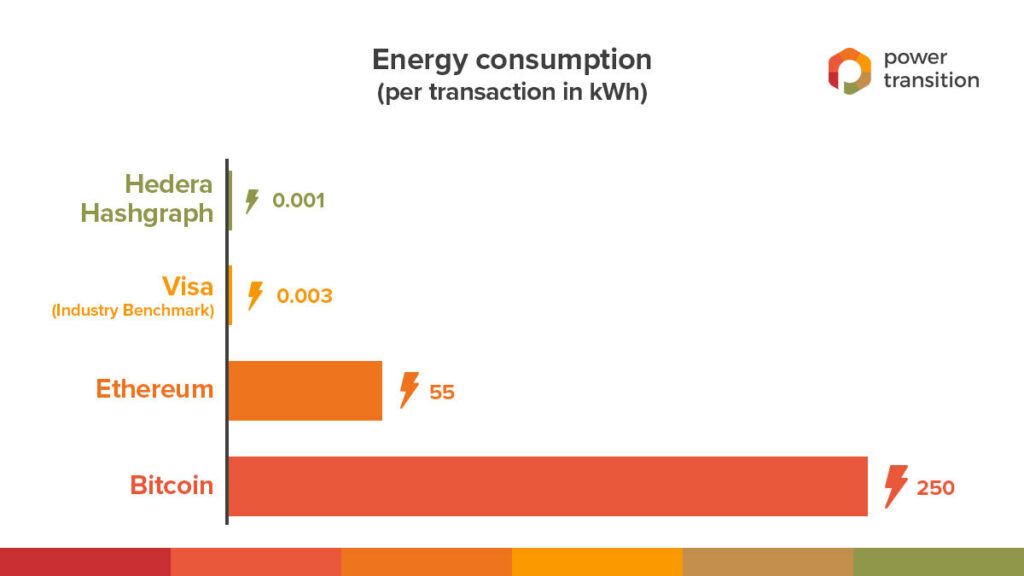Power Transition is planning to scale up its peer-to-peer (P2P) enabling technology following a new investment round.
The company’s platform combines Distributed Ledger Technology – more commonly known as blockchain – with structured data reporting and machine learning to provide real-time auditable, traceable and “extremely secure data on every unit of electricity generated, distributed and consumed”.
This then enables business, homes and utilities to autonomously trade and optimise decentralised renewable energy.
It therefore enables P2P energy trading, as well as energy balancing management and reduced infrastructure and connection costs, Power Transition said.
The company says its software can allow businesses to optimise behind-the-meter energy assets and identify and access lucrative flexibility market opportunities, such as grid export, demand response and electric vehicle revenue generation.
Its software platform was developed with Hedera Hasgraph, a type of Distributed Ledger Technology that is similar to blockchain but capable of undertaking a high volume of transactions at ultra-fast speeds in a way that blockchain can’t.
Power Transition said it uses less energy than Bitcoin, with 0.001kWh consumed per transaction compared to 250kWh consumed by Bitcoin.
“Typical blockchain technology simply doesn’t have the bandwidth to sustain the thousands of transactions needed to accurately map energy transactions at scale, and the amount of energy required for those transactions often negates the energy benefit,” Anthony Morgan, CEO of Power Transition said.
Its new fundraise has been launched using crowdfunding, with the intention of scaling up the platform and developing new commercial projects.
It already has a proof of concept P2P residential microgrid running in Corby in Northamptonshire, as well today (27 May) also announcing it has signed a Memorandum of Understanding with Bank Energi to enable a local energy marketplace between commercial and public sector organisations in Central London.
“By designing a software architecture specifically for mapping energy, we have transformed how it can be transacted, used, managed and traded, by networks, utilities, businesses and individuals in real-time and at any scale – from micro-grids to national grids,” Morgan added.
A number of P2P energy trading trials are underway across the world, including EDF’s Project CommUNITY in Brixton as well as the “world’s-first” P2P pilot to include EVs as a power supply being run by Toyota alongside The University of Tokyo and TRENDE.
In 2019, a study from energy tech firm LO3 Energy found that P2P could enable those with distributed energy resources to earn up to 37% more for their electricity.






